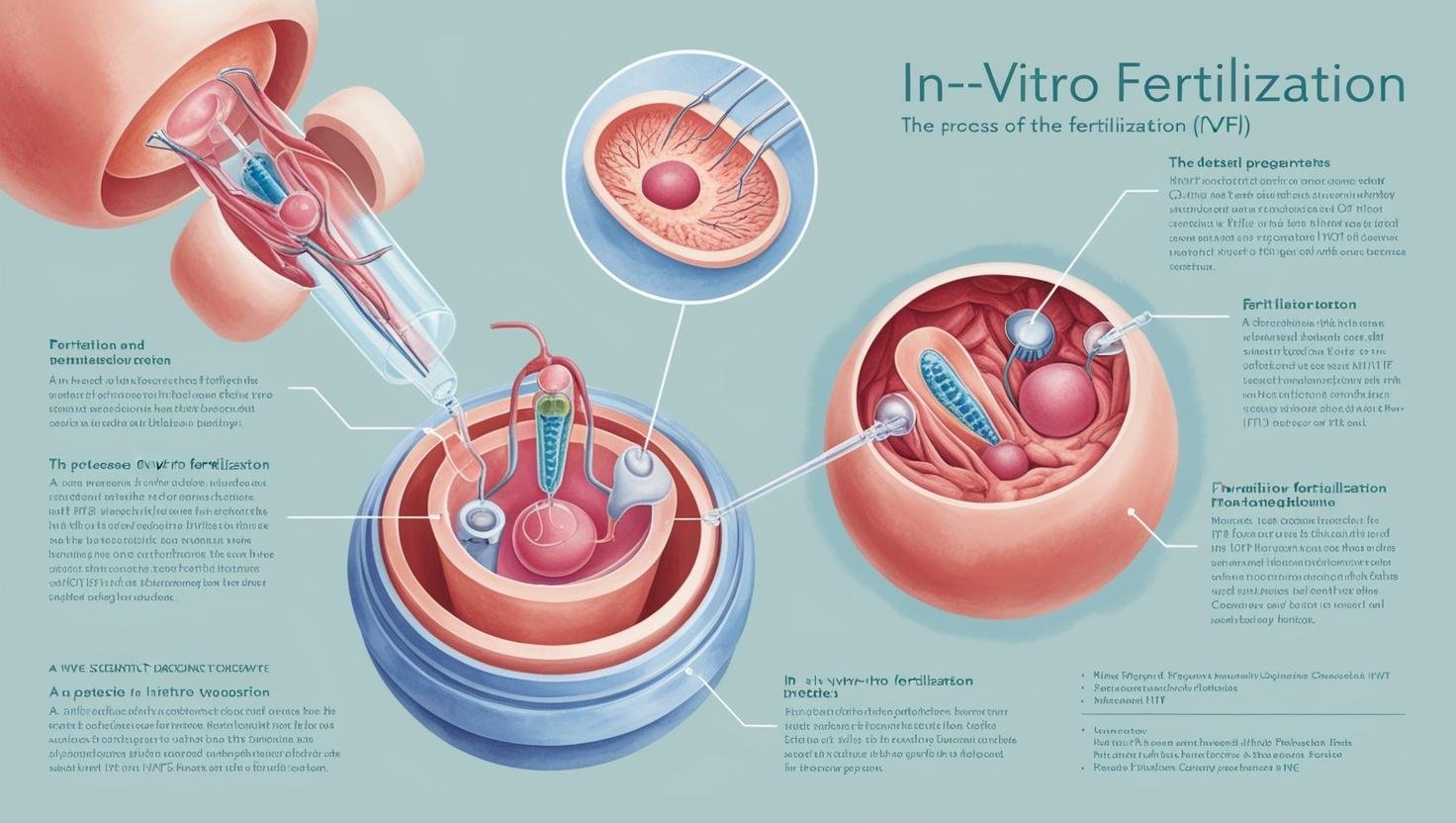Before diving into treatment options, it's important to understand the underlying causes of infertility. Infertility can affect both men and women and can be caused by a variety of factors, including:
Female Factors: Ovulation disorders, endometriosis, blocked fallopian tubes, uterine fibroids, and other conditions can affect a woman's ability to conceive.
Male Factors: Low sperm count, poor sperm motility, and other sperm abnormalities can impair a man's fertility.
Unexplained Infertility: In some cases, the cause of infertility remains unknown, even after thorough testing.
Intrauterine Insemination (IUI)
IUI is a less invasive fertility treatment that involves placing washed sperm directly into the uterus near the time of ovulation. This procedure can be used to treat male factor infertility, ovulation disorders, and unexplained infertility.
Process:
Success Rates: Success rates for IUI vary depending on the underlying cause of infertility and other factors. Generally, IUI has a lower success rate compared to IVF.
In Vitro Fertilization (IVF)
IVF is a more complex fertility treatment that involves fertilizing an egg with sperm in a laboratory dish. The fertilized egg, or embryo, is then transferred to the uterus to implant and develop. IVF can be used to treat a wide range of infertility issues, including severe male factor infertility, blocked fallopian tubes, and unexplained infertility.
Process:

In addition to IVF and IUI, there are several other fertility treatments available:
Intracytoplasmic Sperm Injection (ICSI): This technique involves injecting a single sperm directly into an egg to facilitate fertilization. ICSI is often used in cases of severe male factor infertility.
Preimplantation Genetic Diagnosis (PGD): PGD allows embryos to be tested for genetic abnormalities before being transferred to the uterus. This can be helpful for couples with a family history of genetic disorders or who have experienced multiple miscarriages.
Donor Egg and Sperm: If a woman is unable to produce healthy eggs or a man is unable to produce healthy sperm, donor eggs or sperm can be used in conjunction with IVF or IUI.
Surrogacy: Surrogacy involves a woman carrying a pregnancy for another couple. This can be an option for women who are unable to carry a pregnancy due to medical conditions or other reasons.
Choosing the Right Treatment :The best fertility treatment for you will depend on your individual circumstances, including your age, the cause of your infertility, and your personal preferences. It's important to consult with a fertility specialist to discuss your options and develop a personalized treatment plan.
Factors to Consider When Choosing a Treatment:
Success Rates: Different treatments have different success rates, so it's important to consider your chances of success with each option.
Cost: Fertility treatments can be expensive, so it's important to factor in the cost of each option.




